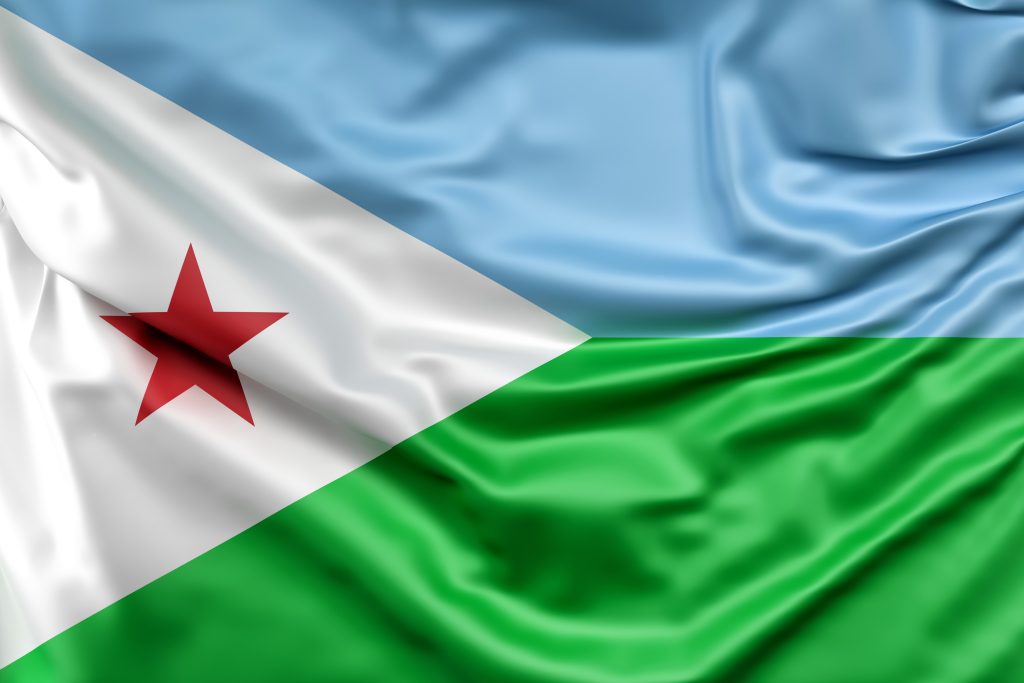
Djibouti’s energy needs are met primarily through imported oil products and traditional biomass fuels. Around 70% of Djibouti’s domestic electricity consumption comes from hydropower that is imported from Ethiopia through interconnected grids. The remaining 30% come from locally installed diesel fuel generation capacity. Djibouti’s power production and delivery are costly, and the country’s network infrastructure is facing frequent power cuts due to lagging maintenance and investment. The country’s growing electricity demand is concentrated mostly in the capital area, whereas the more remote areas have relatively low access to the power grid.
Djibouti’s government aims to achieve 100% renewable energy power production by 2035.
Djibouti is a RCREEE member state since 2014.
We are honored to present RCREEE representatives in Egypt as follows
| Board of Trustees Member | Focal Point |
|---|---|
| Eng. Abass Aden AtteyehI Advisor of Djiboutian Minister of Energy and Natural Resources Ministry of Energy in charge of Natural Resources | Mr. Farah Kaireh Maydal Ministry of Energy |